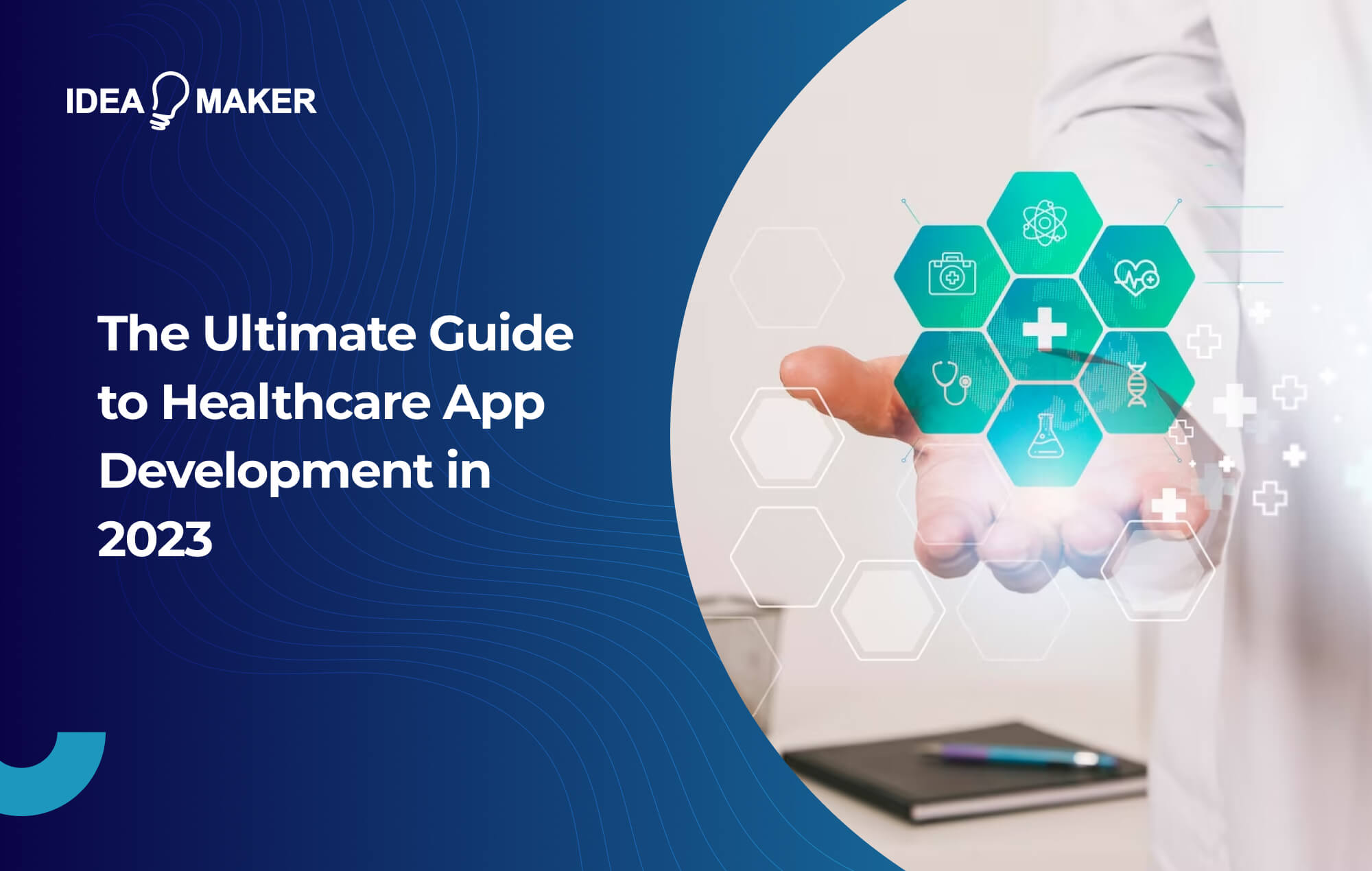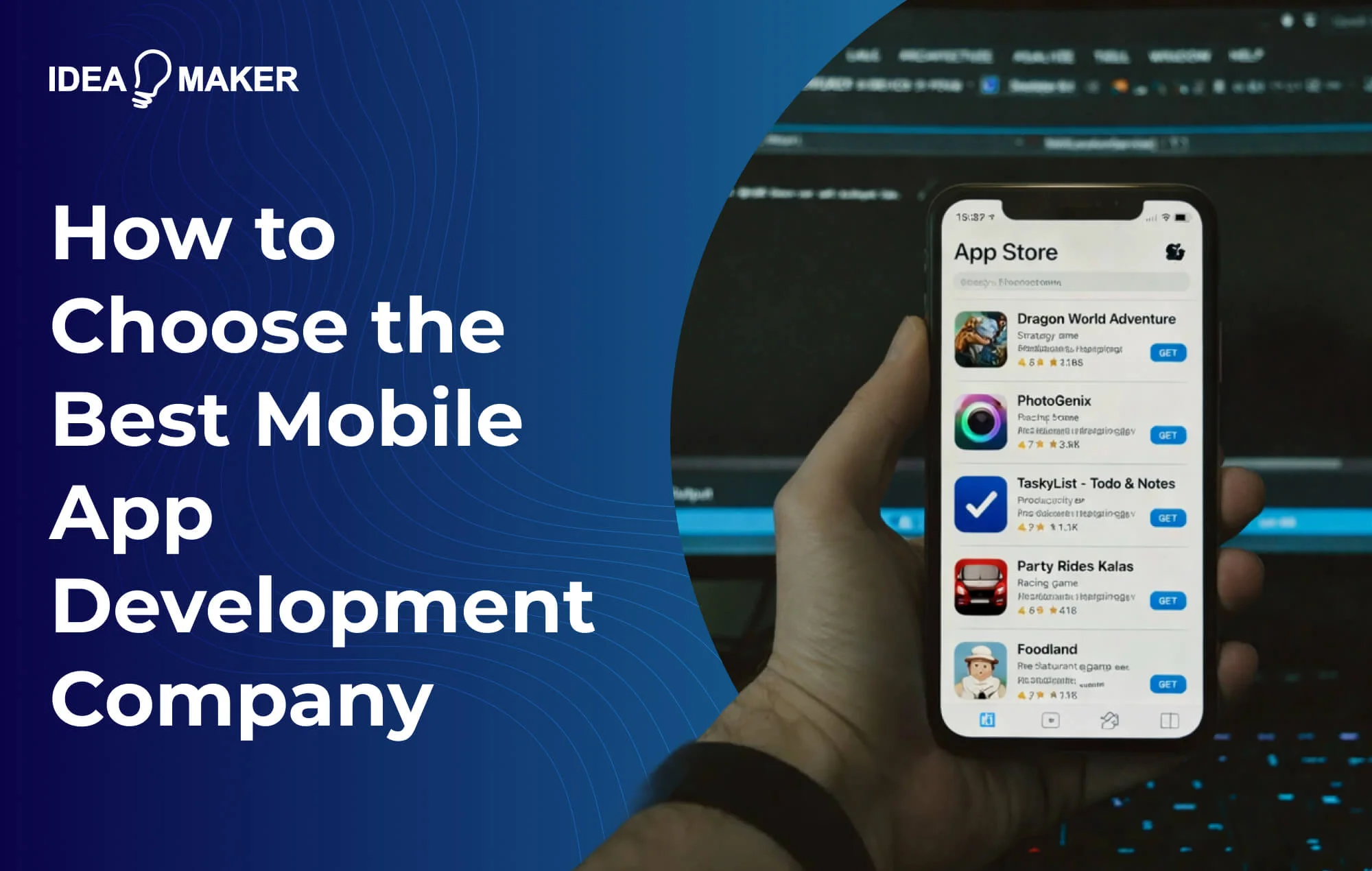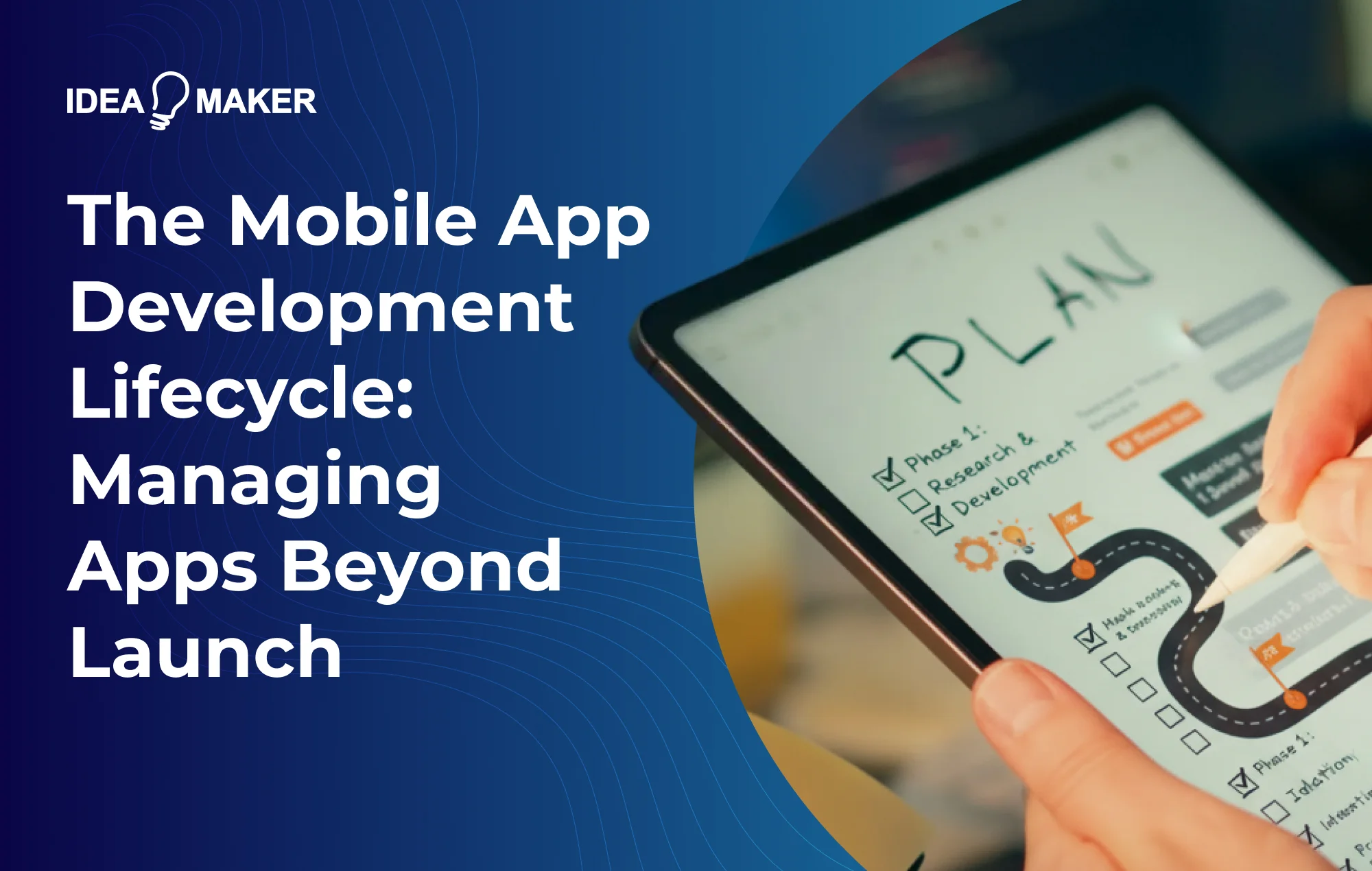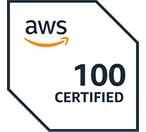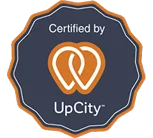Did you know that there are over 350,000 healthcare platforms available? It’s hardly a surprise that so many businesses have developed apps in this highly competitive field when you consider the industry is worth over $38 billion.
So, how exactly do you stand out from the competition? The answer is simple: build a better app. Keep reading this Idea Maker guide to learn how to get started with healthcare app development.
Table of Contents
What Is a Healthcare App?
A healthcare app is a piece of mobile software that provides medical resources and information to users. Types of healthcare apps include on-demand doctors, therapy, dieting, fitness, women’s health, disease management, and symptom tracking. While healthcare apps are no substitute for real-life doctors, they can provide some basic at-home treatments and advice.
Popular Healthcare Apps
To gain a better understanding of what makes a healthcare app successful, let’s start by exploring some of the most popular healthcare apps on the market.
WebMD
WebMD, which experiences more than 75 million visitors each month, provides medical information to patients from the comfort of their homes. Along with its popular website, WebMD also has a symptom-checking app that helps users identify the nature of their ailments, then gives advice and steps to move forward.
Apple Health
Apple Health is iOS’ dedicated health and fitness tracking app that integrates with Apple watches. It offers users information about their daily steps and fitness levels. When used with certain Apple watches, the app can even give users information about their heart health.
Headspace
Headspace is a meditation app aimed at helping users combat stress and low moods. The app comes with several guided meditation exercises and sleep soundscapes, along with mood-tracking options. Though some people are still not convinced as to the benefits of meditation, the Headspace app is grounded in modern science.
Popular Features
Now, let’s take a look at some popular features of healthcare apps that may want to consider implementing into your own platform.
Appointment Scheduling
Many healthcare apps allow users to schedule appointments with their GP without having to phone their practice, adding a layer of convenience to the customer experience. And if you’re looking to offer on-demand digital doctor services, then, of course, online appointment scheduling is a necessity.
Symptom Tracking
Symptom tracking is another popular feature of many healthcare apps. Allowing users to monitor and track their symptoms over a long period can help both patients and medical professionals, as illnesses can be better understood and diagnosed. For example, mental health disorders require long-term monitoring before an accurate diagnosis can be made.
GP Information Sharing
This feature may not be necessary, depending on the nature of your app; however, if you’re offering an on-demand doctor service, for example, then you’ll want to allow data-sharing with real-life medical practices. This way, any notes or diagnoses made by online doctors can be shared with in-person GPs, allowing doctors to have a better understanding of patients’ conditions when emergencies arise.
How to Build Your Own Healthcare App
After understanding the basics of healthcare apps, it’s time to learn how to get started in building your own healthcare app.
1. Determine a Niche
First, you’ll need to determine your healthcare app’s niche. Will you focus on providing users with a database of illnesses to check their symptoms against, a simple mood tracker, an on-demand doctor’s service, or something different? Your niche will drastically affect the nature of your development and likely the costs involved, so choose wisely.
At this stage, you should also outline your business objectives and how you aim to achieve them. This may later affect how you choose to monetize your app. For example, if you decide that your goal is not to make a profit but provide free medical information, you may choose an ad-based monetization model.
2. Create Design
The next stage is to design your healthcare app, keeping proper user interface and user experience principles in mind. This means taking care of the positioning of interactive elements like buttons, ensuring they are in logical positions that do not crowd the user’s screen. It’s an excellent idea to design a barebones wireframe of your design before adding style.
Then, when you’re ready, you can add style to your design, marrying it with your brand and making it visually appealing. Remember, 80 percent of users delete apps that fail to meet their expectations, and first impressions certainly contribute to their perception. As a result, getting your app’s design right is vital to success.
3. Hire a Development Agency
Once you have a design, you’ll need to develop your healthcare app. Unless you have expert knowledge of mobile app development, it’s best to leave this stage to the professionals and hire expert mobile app development services. Of course, not all development companies are made equal, and there are several things to look out for.
It’s essential to examine your potential developer’s portfolio to assess their level of experience and determine if their quality meets your expectations. You should also verify that the mobile app development agency has post-release support options available. Otherwise, when your app inevitably encounters bugs, you’ll be left in the lurch.
4. Deploy
Finally, it’s time to deploy your healthcare app to app stores. If you’re unsure how to do this, ask your developers for guidance. Once live, you’ll need to carefully monitor your app for bugs and remedy them swiftly to ensure the user experience remains smooth.
You should also take note of user feedback and make improvements accordingly. This will make your users feel valued while helping you to refine your app.
Marketing Your App
Once your app is live in app stores, you’ll then want to market it to build up a user base. Here are some ways in which you can market your app.
Pay-Per-Click Ads
Pay-per-click ads are advertisements placed on websites and social media wherein you pay a small fee each time someone clicks on the ad leading them to your website or app page. PPC ads often result in a high volume of traffic but a low customer conversion rate. In other words, they’re great for building brand awareness, but not so much for generating revenue.
App Store Optimization
If you’re familiar with search engine optimization (SEO), then app store optimization (ASO) is no difficult concept. ASO is the practice of enhancing your app’s app store page to help it appear more frequently in relevant user store searches. ASO considerations include keyword usage in the app’s title and description, download rate, and customer reviews.
Social Media Marketing
Social media marketing allows for both organic and paid advertising. You can manipulate platform algorithms to encourage them to organically promote your posts while also taking advantage of current trends and popular hashtags to get your app in front of a wide audience of users.
Monetizing Your App
Once you have a user base, you can then implement one of the following models in order to generate revenue for your business.
In-App Ads
You could allow advertisers and other companies to place PPC ads on your app. This is an excellent way to generate passive income, but is only effective if you have a large enough user base and database of user information for advertisers to target.
Subscription Model
Subscription models are another effective means of monetizing your app. With this monetization strategy, you can give users access to the app for free but restrict features. You can also charge users a monthly or annual fee to unlock additional features.
In-App Fees
Another option is to charge in-app fees. For example, if you offer an on-demand doctor service, you can charge users an admin fee to connect them to the practitioners. This is not always a popular model among consumers, who may consider these to be ‘hidden fees.’
Healthcare App Development From Idea Maker
Looking for professional healthcare app development that ticks all the boxes mentioned in this article? Well, you’re in the right place. At Idea Maker, we have a dedicated team of expert mobile app designers and developers ready to build an app that meets your requirements and exceeds your expectations. Schedule a free consultation with us today to learn more.
